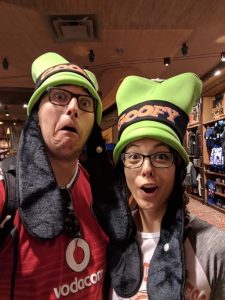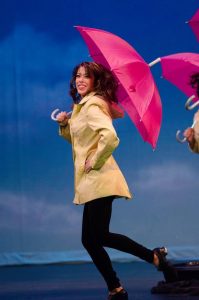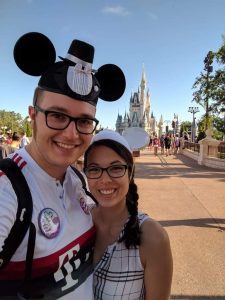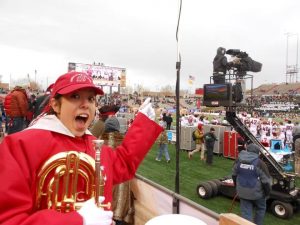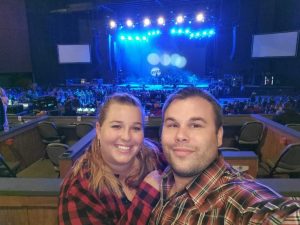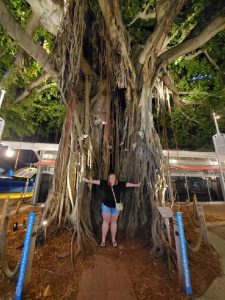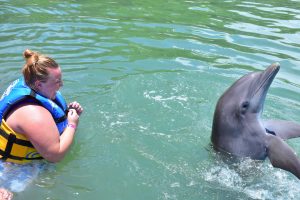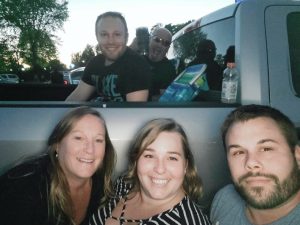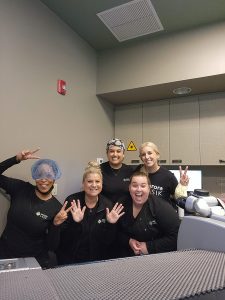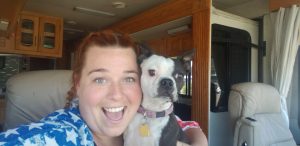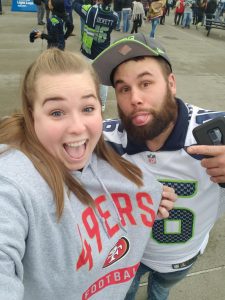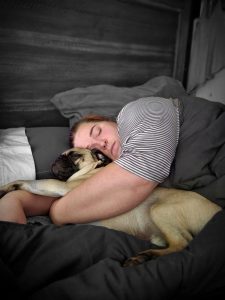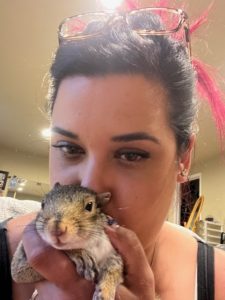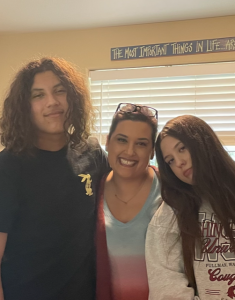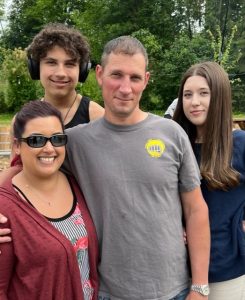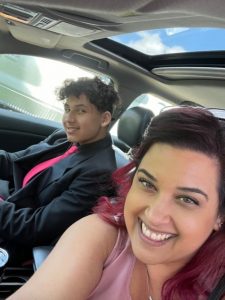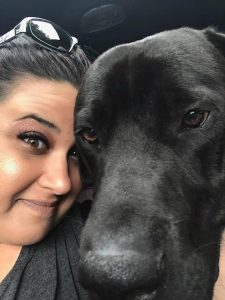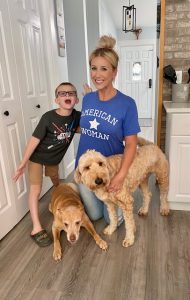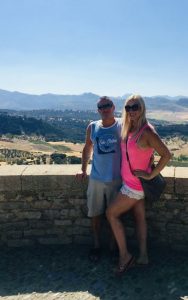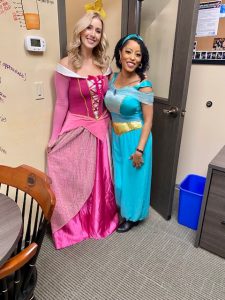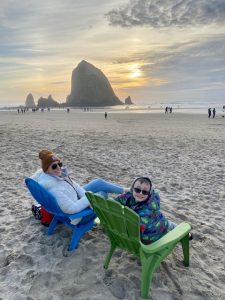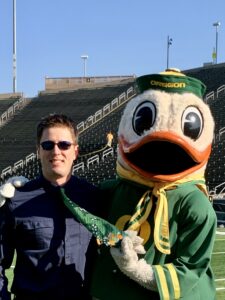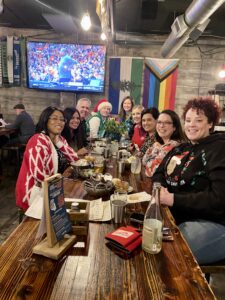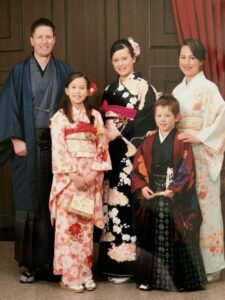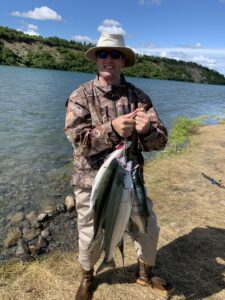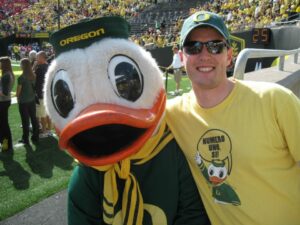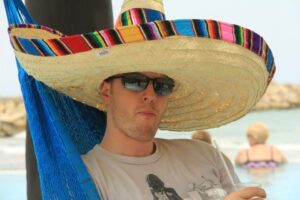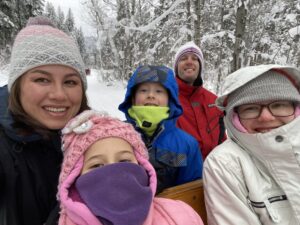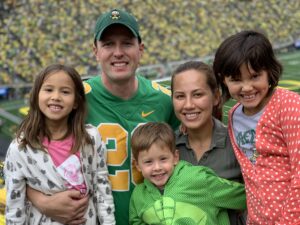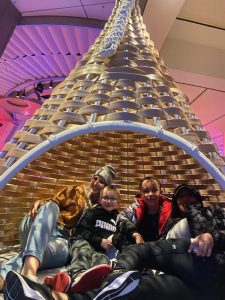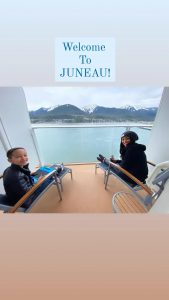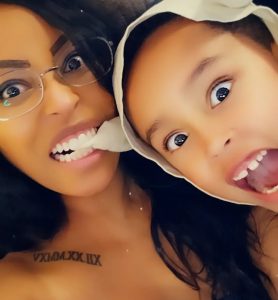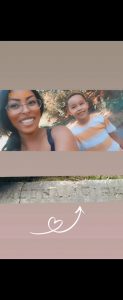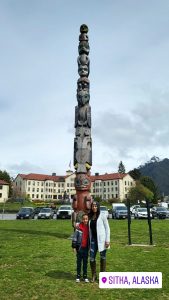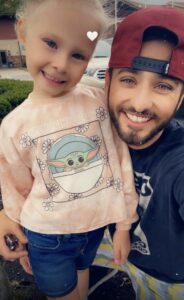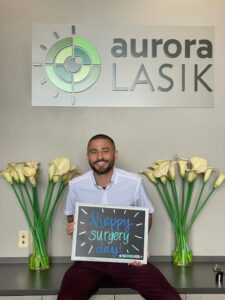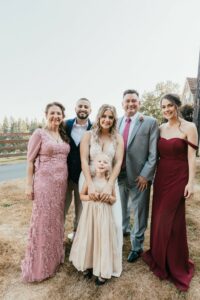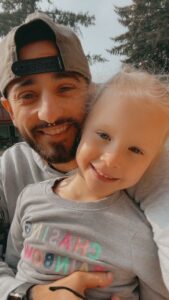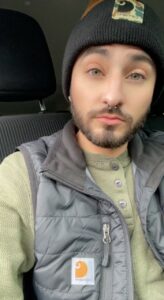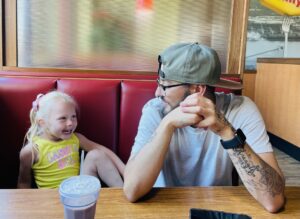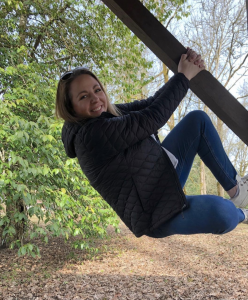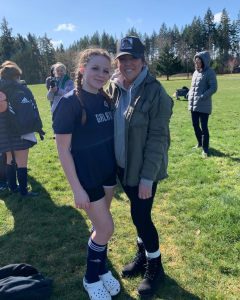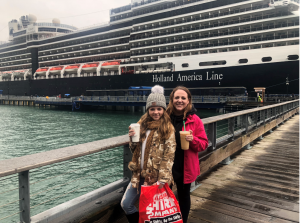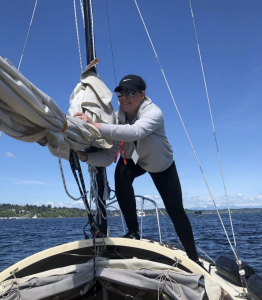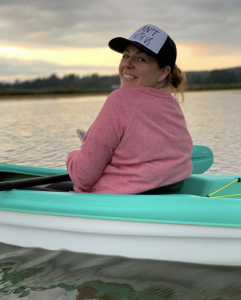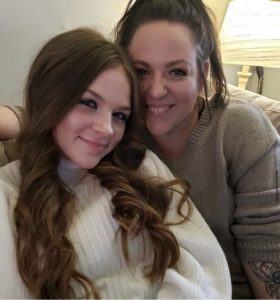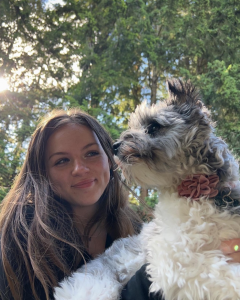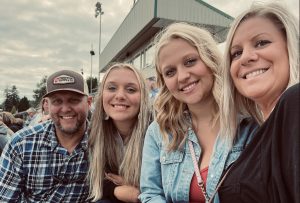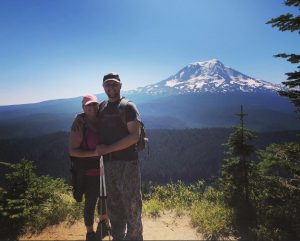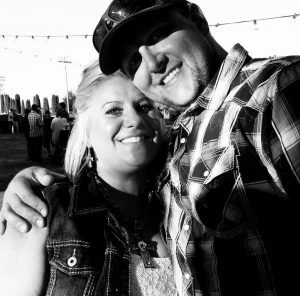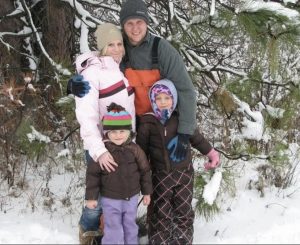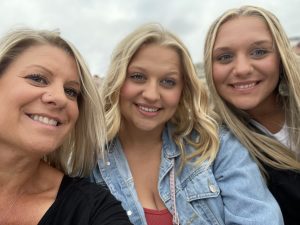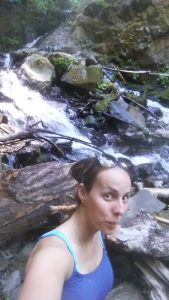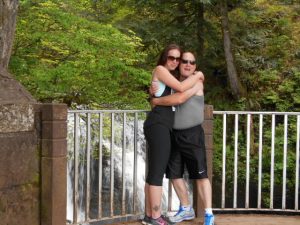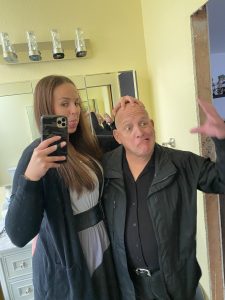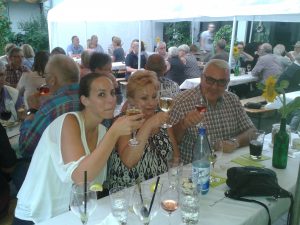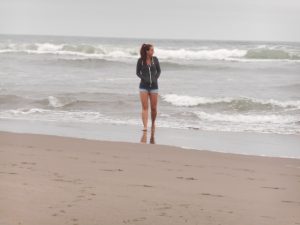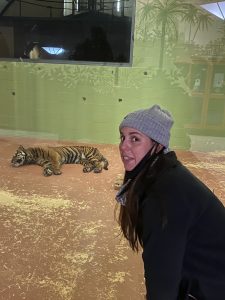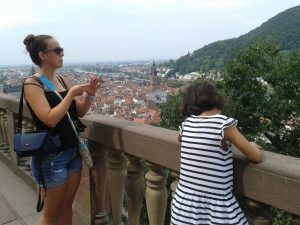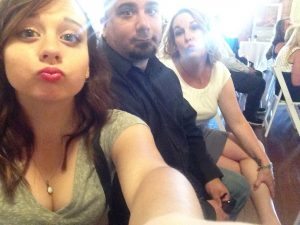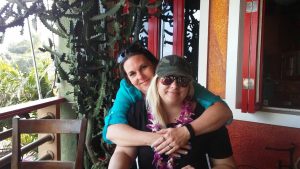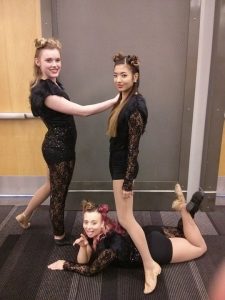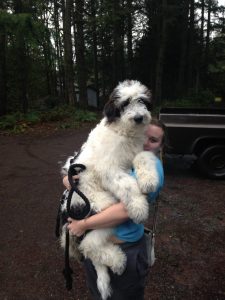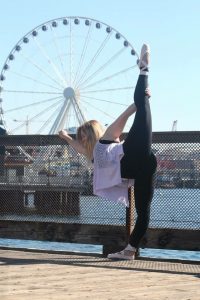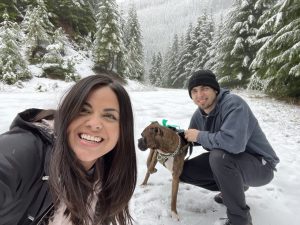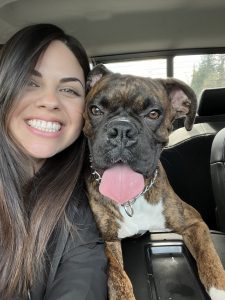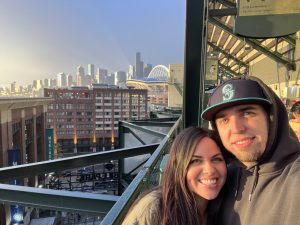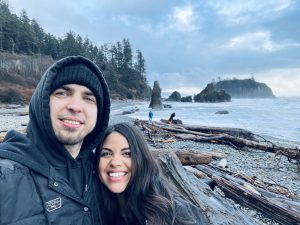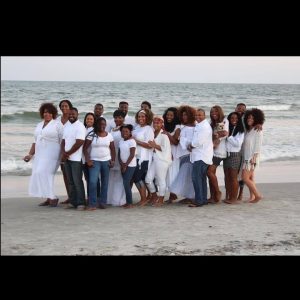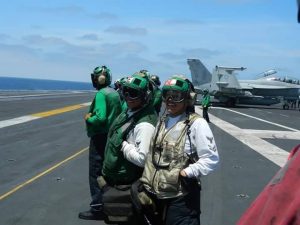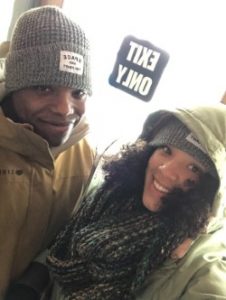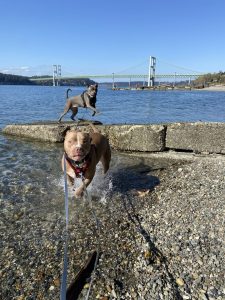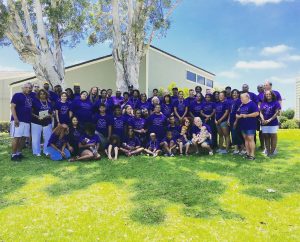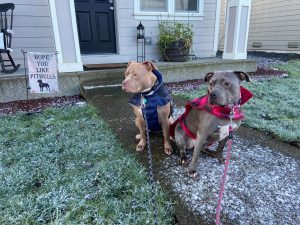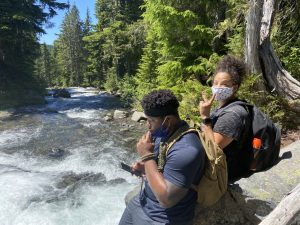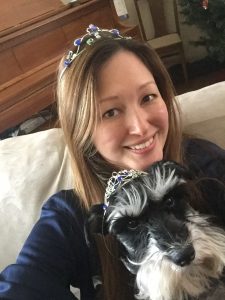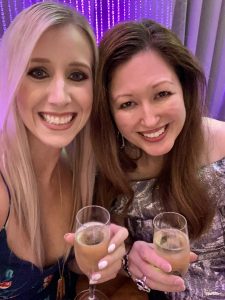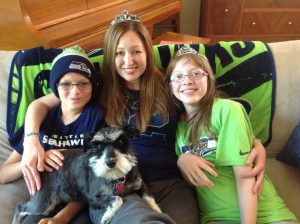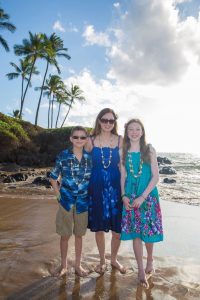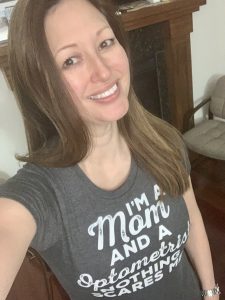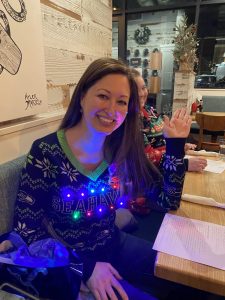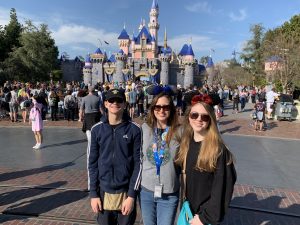Since 2011, Dr. Rudd has made mission work an important priority for himself, his family, and his team. 18 months after the massive earthquake that devastated the island nation of Haiti, Dr. Rudd accompanied a team of primary medical care providers who were going to offer aid in order to himself provide basic cataract surgery to those who came seeking medical attention. Joined by his then 16-year-old son, Dr. Rudd saw first-hand how life-changing mission work could be, as much for the people seeking care as those who were providing it. Dr. Rudd was especially moved by how it impacted his son. “He still talks about being able to help the people who did not even have the basic necessities, like plumbing and sanitation.”
After Haiti, Dr. Rudd was determined to find another venue to provide more advanced care to those in need. In 2014, joined this time by his then 16 year old daughter, Dr. Rudd was invited to accompany a group who traveled to the small rural town of Montero, Bolivia, where a colleague and friend from residency training had established a small clinic where they were able to perform modern phacoemulsification surgery. After that, Dr. Rudd has returned many times, with all of his children and recently even members of his staff, to help the people of the small Bolivian town.
Dr. Rudd and the clinic team were able to see 250 patients in four days and perform 55 surgeries in that same amount of time. “The majority were locals,” he recalls, “but there were several that traveled a full day to see us.” The people they treated ranged in age from young children to 97 years old, and the language barrier made the work even more challenging. Much of the population speaks Spanish, but indigenous Quechua Indians only speak the Quechua language, and there is a Menonite population that speaks a very specific dialect - a mix of German and Spanish. Thanks to the help of talented translators, they were able to communicate with patients of all different communities with all different vision correction needs.
Dr. Rudd is always especially touched when he is able to bring back the vision of patients with advanced cataracts. “I realize how important the gifts God has given me are to those in need, he says. “We routinely bring patients from Hand Motions vision (only able to see hands moving in front of their face) to being able to see their family’s faces. The joy and excitement are unparalleled in the United States.” Dr. Rudd remembers one patient in particular, a young Menonite man who had injured his eye grinding metal on his farm. While he was able to get emergency attention in Santa Cruz, Bolivia’s largest city, the injury caused a severe cataract that made working his farm, and in turn providing for his family, very difficult. The man was desperate to regain the vision in his eye, but Dr. Rudd knew this type of surgery is challenging, even in the United States. After careful consideration on both sides, they proceeded. The surgery was hugely successful, and the man regained the vast majority of his vision. Both the man and the team were ecstatic.
The procedures Dr. Rudd and his team can perform at the clinic are basic vision correction surgeries, as the clinic itself is quite rudimentary. “Unfortunately, we do not have the sophisticated machinery or lenses to offer the ‘premium surgery’ we offer in the US,” he says. But the effects are life changing for the people of Montero, and the work that the team does helps minimize their patients need for glasses and can even restore sight to those who have lost it due to cataracts. The doctor hopes to continue his work and improve his capabilities, saying, “Some day we hope to bring more technology to the clinic. For now, we will continue to provide sophisticated surgery to the patients of Montero.”

